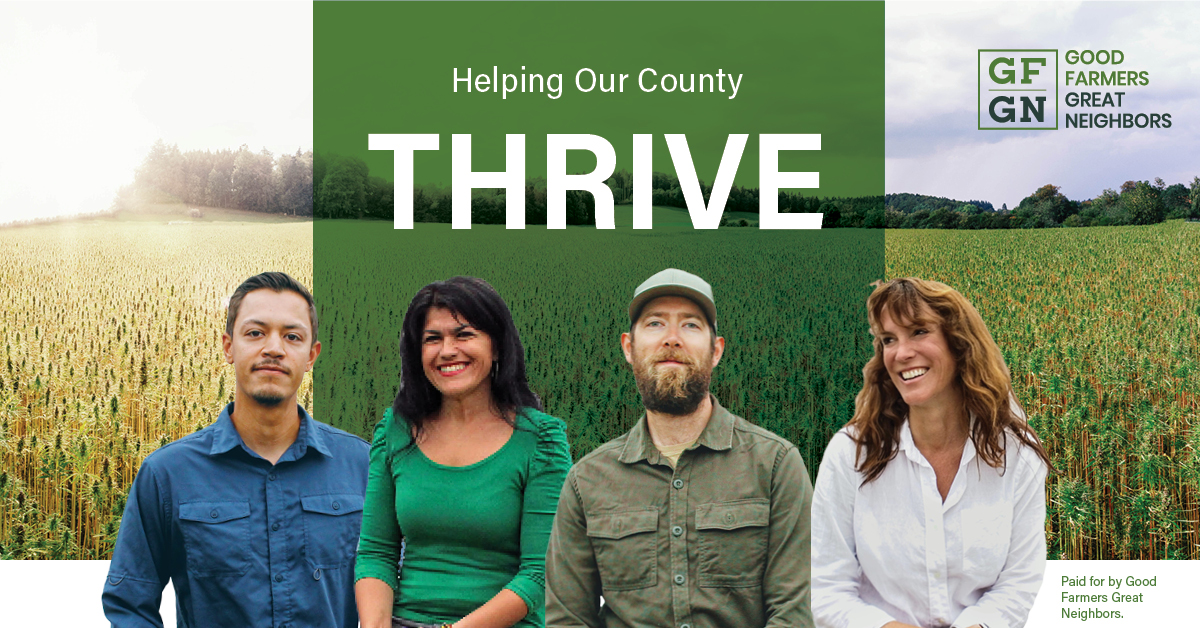
In 2019, we commissioned the first county-wide survey of almost 1000 voters about cannabis related policy issues and what voters felt about its future promise.
Today, we take a moment to reflect on voters’ responses to a few significant questions that helped our community build friendships and partnerships with wine growers, vineyards, local business organizations and agricultural tourism efforts.
Survey Question #17 stated the following;
Do you agree that the local cannabis industry and the wine tasting and vineyard industry should work together to spur economic growth, create good paying jobs and contribute to the overall quality of life of the local community?
-
A resounding 62% strongly agreed and the respondents political affiliations were equally telling with 70% of Democrats, 50% of Republicans and 62% of Independents across the board in support.
We asked a follow up question to probe respondents thinking on the topic.
Survey Question #18: Do you support co-branding and co-marketing among the local cannabis farmers and wine growers to help grow the economy and produce good paying jobs?
-
Once again voters in the county responded with 63% strongly agree and only 14% in disagreement, with more than 60 percent support across every political party affiliation – including independents.
Well we listened, and we’ve been working diligently with our friends in the wine industry, business and travel experts and policy makers who also carry our mutual love to preserve our farmlands and agriculture. Progress has been made, and soon we will launch a new experience.
In the meantime, we invite you to register to receive its newsletter at Santa Barbara Sun Grown, please click here: https://santabarbarasungrown.com/
As we enter spring and enjoy warm days with cool evenings, we are reminded every day of how special and unique our valley is and its deep history of farming innovation and collective promise. Let us share in that promise to share its prosperity for all who care about its future.
We welcome your feedback and ideas.
In friendship,
Sara Rotman and John De Friel, Co-Founders
